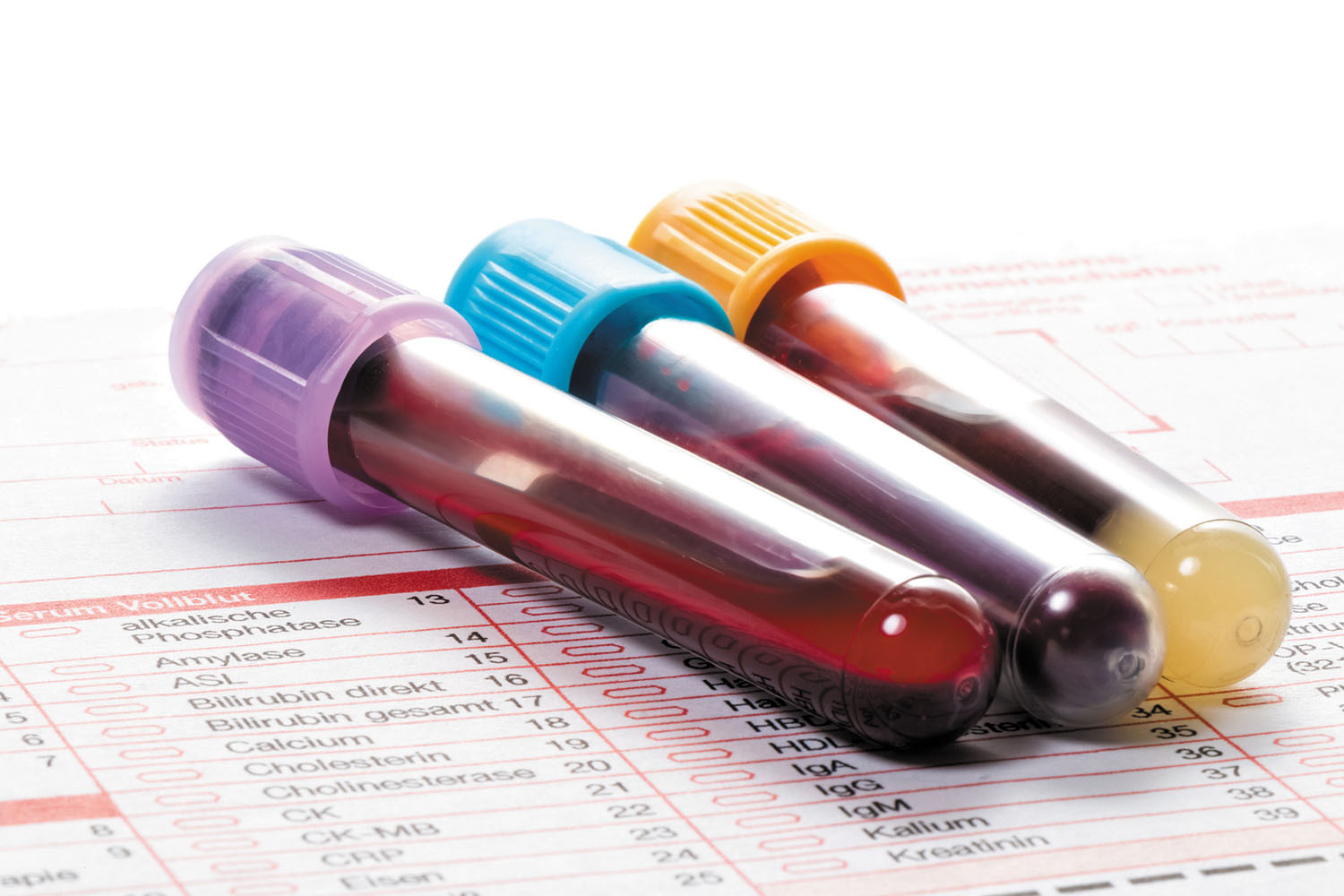A new approach to cancer diagnosis
Liquid biopsies may offer a less invasive alternative than a traditional biopsy.

Image: © fotoquique/Getty Images
A tissue biopsy is the standard test for identifying cancer. Your medical team will use needles or other devices to capture pieces of actual tumor to see if it's malignant or benign. But another approach, called a liquid biopsy, is less invasive and may provide a diagnosis when a biopsy doesn't.
This test uses a person's blood to look for signs of cells or mutated DNA that a tumor has shed into the bloodstream. "By sampling DNA or circulating tumor cells in the blood, we can predict and monitor responses to cancer treatments without subjecting patients to invasive biopsy procedures — and perhaps detect cancer early, before it has had a chance to spread," says Dr. David Miyamoto, assistant professor of radiation oncology at Harvard Medical School.
Advantage of liquids
A traditional biopsy involves removing a tissue sample from a tumor to analyze the cells. Doctors then can determine if cancer exists and how fast it may be growing or spreading, and choose the best treatment option.
Yet this approach has its downsides. The procedure is invasive and often painful, since the tissue sample is typically removed with a needle or probe. Plus, the biopsy sample may not provide a definitive answer. It can be difficult or even impossible to get a viable tissue sample, as the tumor may lie deep within the body or be positioned in a critical organ.
By comparison, several studies have shown that liquid biopsies can find cancer-specific DNA in more than 85% of patients with advanced cancers. Liquid biopsies also can help identify cancer that tissue biopsies miss.
A study published online Sept. 4, 2017, by Proceedings of the National Academy of Sciences found that liquid biopsies were twice as accurate as tissue biopsies in spotting the presence of cancer in early-stage pancreatic cancer.
In addition, liquid biopsies can help determine when cancer treatments no longer work. One study presented at the World Congress on Gastrointestinal Cancer in 2017 used liquid biopsies on 40 people undergoing treatment for various forms of gastrointestinal cancers that no longer responded to therapy. The tests found genetic mutations in 31 people that now made them resistant to treatment. Tissue biopsies didn't show these mutations.
Future role
It is not known how liquid biopsies will influence overall cancer survival. Right now, liquid biopsies still are used alongside tissue biopsies. People who are first diagnosed with cancer with a liquid biopsy would likely still undergo a tissue biopsy in order to confirm a diagnosis and to guide treatment, says Dr. Miyamoto.
The reason for this two-sided approach is that even though liquid biopsies have a good track record for accuracy, they can still miss cancers in some people, and sometimes they suggest that cancer is there when it isn't. "Even if liquid biopsies had a high success rate, that would mean many people will either have false-positive results or missed diagnoses, and that could ultimately affect millions," says Dr. Miyamoto.
Disclaimer:
As a service to our readers, Harvard Health Publishing provides access to our library of archived content. Please note the date of last review or update on all articles.
No content on this site, regardless of date, should ever be used as a substitute for direct medical advice from your doctor or other qualified clinician.















